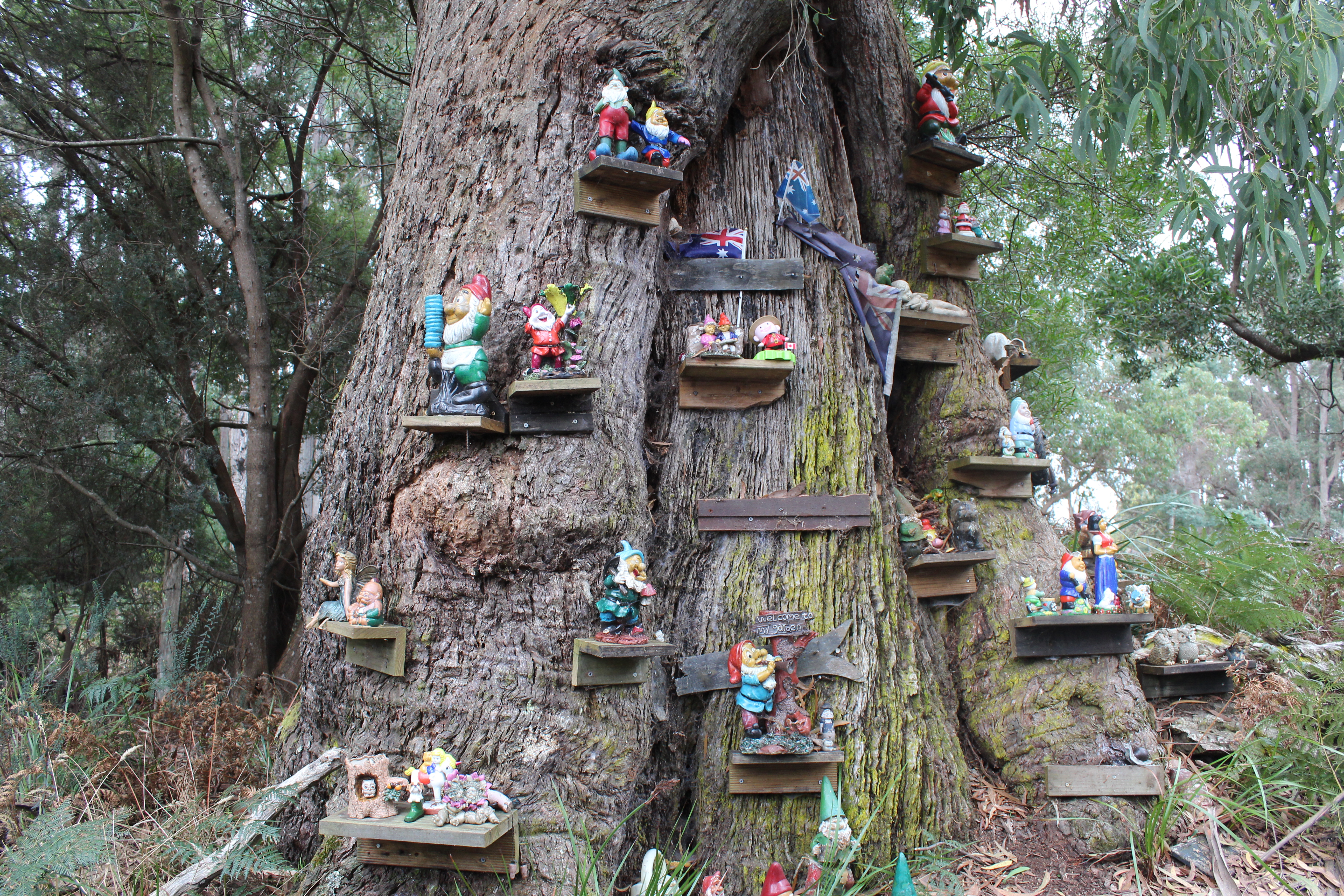“one should never go back”: history writing and historical justice in Thea Astley’s A Kindness Cup
Keywords:
Thea Astley, history and literature, Aboriginal history.Abstract
This essay situates Thea Astley’s 1975 novel of the Queensland frontier, A Kindness Cup in relation to the rise of projects of postcolonial revisionist history writing in Australia. I argue that we can read Astley’s novel as reflecting upon the political and affective uses and limits of history writing for the redress of violence at a moment when history writing was undergoing major shifts in Australia. Much Australian left wing revisionist history embodies the optimistic liberal political belief that uncovering and representing the unacknowledged violence of the frontier might act to redress violence and injustice. Astley’s novel, by contrast, offers a critique of what I call ‘the politics of exposure’—that is a politics that works from the assumption that violence, inequality and injustice are mostly the result of ignorance and that therefore better knowledge will help prevent them. The novel asks what fantasies and blind spots inhabit an uncritical investment in the politics of the exposé and suggests some of the ways that the desire to expose violence might itself be a form of violence.
References
Adelaide, Deborah, ‘Thea Astley - “completely neutered”: Gender, Reception and Reputation’. SOUTHERLY 57.3: 182-90.
Attwood, Bain. Telling the Truth About Aboriginal History. Crows Nest: Allen and Unwin, 2005.
Caruth, Cathy. Unclaimed Experience: Trauma, Narrative and History. Baltimore: John Hopkins University Press, 1996.
Clendinnen, Inga. ‘The History Question: Who Owns the Past’. Quarterly Essay 23 (2006): 1-81
Dale, Leigh. ‘Colonial History, Postcolonial Fiction: The Writing of Thea Astley’. Australian Literary Studies 19.1 (1999): 21-31
Felman, Shoshana. The Juridical Unconscious. Cambridge: Harvard University Press, 2002.
Felski, Rita. ‘Suspicious Minds’. Poetics Today 32.2 (2011): 215-34
Keenan, Thomas. Fables of Responsibility: Aberrations and Predicaments in Contemporary Politics. Stanford: Stanford University Press (1997)
Lever, Susan. ‘Changing Times, Changing Stories: Thirty Six Years of Thea Astley’s Fiction’. Australian Studies. 10. December (1986): 50-60
Probyn-Rapsey, Fiona. ‘Complicity, Critique, and Methedology’. ARIEL 38.2-3 (2007): 66-82
Reynolds, Henry. The Other Side of the Frontier: Aboriginal Resistance to the European Invasion of Australia. 1981, Harmondsworth: Penguin, 1982.
---. Why Weren’t We Told? A Personal Search for the Truth About Our History. Camberwell: Penguin, 1999
Rowley, C.D.. The Destruction of Aboriginal Society, Harmondsworth: Penguin, 1972
Ryan, Lyndall. The Aboriginal Tasmanians. 1981. St Leonards: Allen & Unwin, 1996
Sedgwick, Eve. Touching Feeling: Affect, Pedagogy, Performativity. Durham: Duke University Press (2003)
Sheridan, Susan. ‘Historical Novels Challenging the National Story’. History Australia 8.2 (2011): 7-20
Stanner, W.E.H.. After the Dreaming, Crows Nest: ABC Enterprises. 1991
Downloads
Published
Issue
Section
License
The copyright for articles in this journal is retained by the author(s), with first publication rights granted to the journal. By virtue of their appearance in this open access journal, articles are free to use with proper attribution in educational and other non-commercial sectors.Attribution-NonCommercial-ShareAlike 2.1 Australia
This work is licensed under the Creative Commons Attribution-NonCommercial-ShareAlike 2.1 Australia License. To view a copy of this license, visit http://creativecommons.org/licenses/by-nc-sa/2.1/au/ or send a letter to Creative Commons, 543 Howard Street, 5th Floor, San Francisco, California, 94105, USA.

